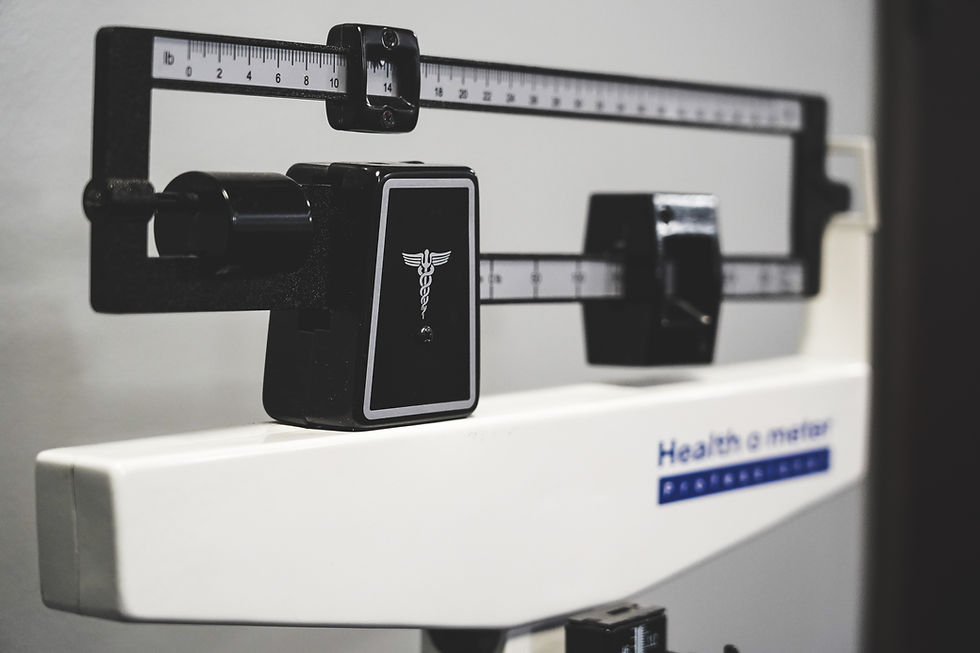Why are veterans more likely to develop gastroesophageal reflux disease (GERD)?
- MRPY Professional Services

- May 29, 2023
- 2 min read
Many members of the Veteran community are unfortunately familiar with gastroesophageal reflux disease (GERD), and it’s not by chance. Defined by the Mayo Clinic as “when acid reflux happens repeatedly over time”, GERD commonly involves symptoms such as painful heartburn, regurgitation, abdominal and chest pain, plus trouble swallowing. But why are Veterans so much more susceptible, and how can they get the medical care they deserve?
Research points to multiple different Veteran-specific factors that put those who have served in the military at a higher risk for developing the condition. The good news is: The right care, lifestyle adjustments, and medical support can ease symptoms of GERD over time.
Read on to learn why Veterans are more likely to develop GERD, plus how MRPY Professional Services can help you document your symptoms in order to get benefits from the VA.
A lifestyle that contributes to higher levels of stress
A career in the military is highly demanding – both mentally and physically – compared to many civilian careers. High levels of stress faced by active service members and Veterans can contribute to the development of GERD. Harvard Medical School states that stress can increase acid production in the stomach, which fuels the condition. Since the lower esophageal sphincter muscle doesn’t function properly, the stomach acid then flows up into the esophagus, causing damage and irritation.
Susceptibility to post-traumatic stress disorder (PTSD)
According to research by the VA, PTSD is slightly more common in Veterans than civilians. To put it in numbers: 7% of Veterans will experience PTSD at some point in their lives. People who experience PTSD have abnormally high levels of stress hormones in the body, which contributes to GERD in the same way as we’ve mentioned above.
Smoking tobacco products and excess alcohol consumption
Substance use disorder (SUD) occurs when a person is unable to control their use of substances such as tobacco, alcohol, medications, or illegal drugs. One study found that 11% of Veterans showing up for first-time care within the VA health care system met the criteria for a SUD diagnosis. Both smoking and drinking can weaken the lower esophageal sphincter, which has the potential to allow more acid reflux to occur, leading to a chronic status which is GERD.
Service-connected conditions that can ignite GERD
Some injuries that occur as a direct result of military service can contribute to the development of GERD, putting Veterans at a higher risk. For example, a hiatal hernia – which occurs when the upper part of the stomach pushes up into your chest – can allow both food and stomach acid to flow up into the esophagus. This type of hernia can occur due to injuries to the stomach area, obesity, or lifting heavy objects – all of which could potentially be linked to service.
We typically see that chronic stress conditions, such as PTSD and excessive use of NSAID medications, aggravate GERD as well.
Get the support and benefits you deserve for GERD
MRPY Professional Services is a team of compassionate professionals dedicated to helping Veterans get the benefits they deserve. How we can help you starting today:
Chart Review
Nexus Letters
Medical Evaluation
Medical Diagnosis
DBQs
And more
Ready to get the support you deserve? Review our services page here. If you’re ready to work one-on-one with one of our experts, sign up for an expert chart review here.





Comments